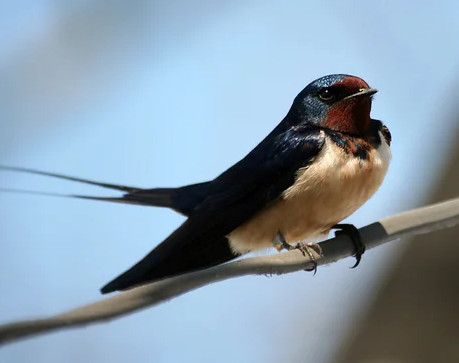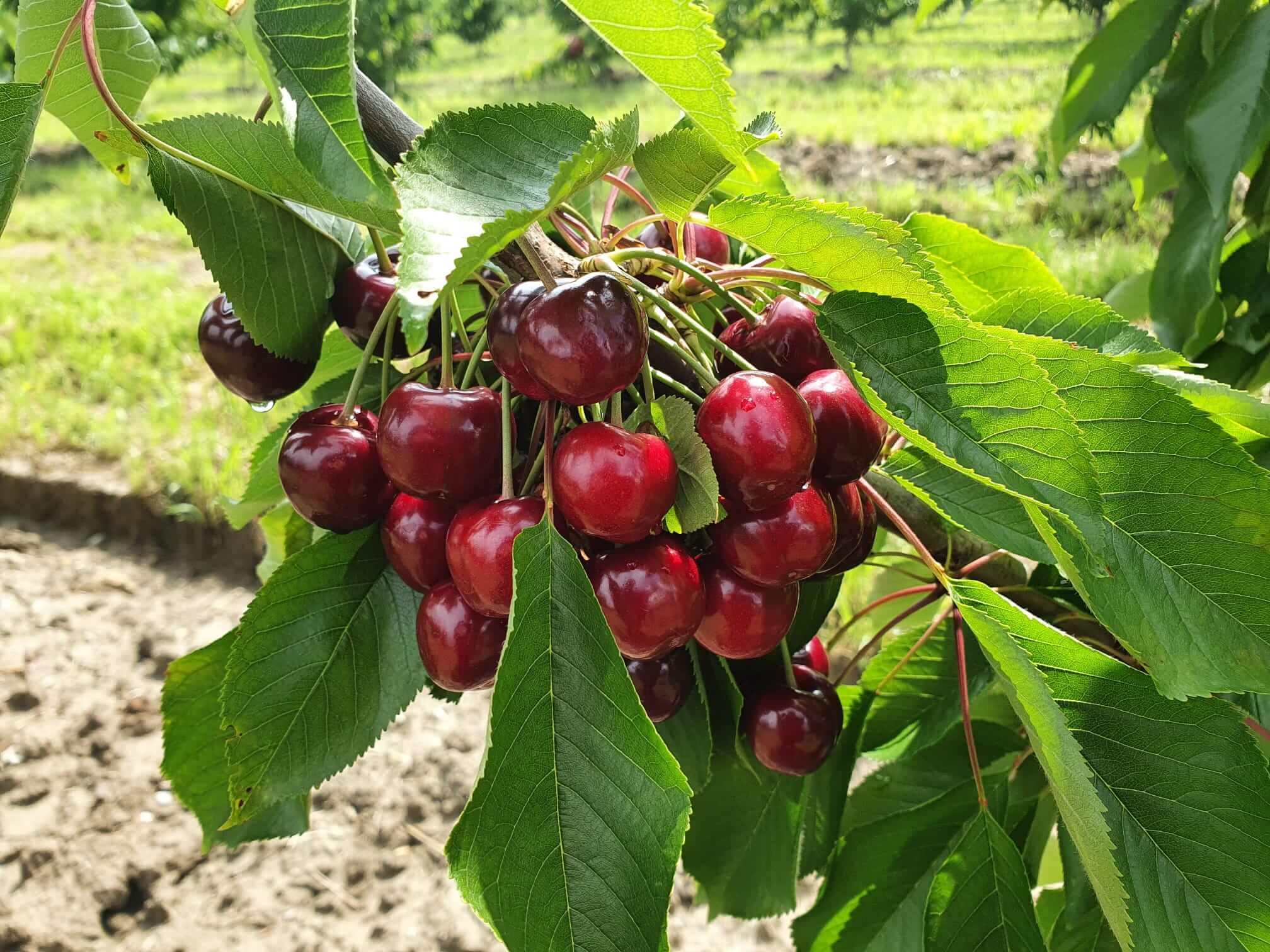A 2024/2025 to remember for the Argentine cherry industry: fresh fruit exports reached 7,600 tonnes, setting a new historical record. Sustained demand, both in international and domestic markets, ensured good prices for producers, despite the growing presence of Chilean products within the national territory.
"The season, overall, will close positively. Some areas managed to seize opportunities in China, shipping by air before the arrival of sea shipments. This early move allowed good prices and smooth sales," said Aníbal Caminiti, director of the Argentine Chamber of Integrated Cherry Producers (Capci), in an interview with Más Producción.
Technology and logistics, the keys to success
Behind these results are investments in post-harvest technologies and improved logistics. The innovations have made it possible to maintain high product quality and reach more distant markets thanks to a better cold storage system.
Additionally, Argentina benefits from an early production window in the southern hemisphere: local cherries reach the market at a time of low global supply, when demand is higher and prices tend to rise. This dynamic has favored exports and increased the product's competitiveness.
The long shadow of Chile
While Argentina wraps up a brilliant season, Chile reaffirms itself as the main competitor. The massive influx of Chilean products into the Chinese market, especially during January and February, caused a price collapse that also affected other key markets such as the United States, Europe, and the Middle East.
"Next year could be even more critical," warns Caminiti. "If the weather is favorable, Chile will have an even larger exportable production, with direct effects on our reference markets. This scenario forces us to rethink strategies and positioning."
Another hot issue is the growing presence of Chilean cherries in the Argentine domestic market. In 2024, over 1,000 tonnes were imported, equal to 20% of national consumption. This share worries local producers, already dealing with a challenging economic context.
Rising costs and competitiveness at risk
The Argentine sector had to face significant increases: +80% for labor, +140% for energy, and +110% for fiscal pressure in local currency. "With these numbers, we become less competitive than Chile, where production costs are lower," Caminiti pointed out.
A look to the future
2024/2025 confirms the potential of Argentine cherries on global markets, but also highlights the structural vulnerabilities of the sector. To maintain growth, it will be essential to focus on production efficiency, opening new markets, and stronger domestic market protection. The challenge has been launched: will Argentina manage to consolidate its role among the world’s cherry leaders?
Source: fruitnet.com
Image source: argentina.gob
Cherry Times - Tutti i diritti riservati










